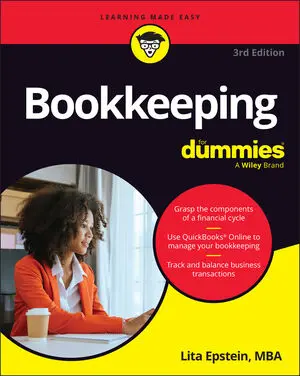Did you know that the United States is the only industrialized nation that does not require companies to use international accounting standards? The U.S. does have an established method of setting accounting rules. U.S. corporations must complete their financial reports based on the Generally Accepted Accounting Principles (GAAP), which are established by the Financial Accounting Standards Board (FASB).
One may well wonder what happened to those standards over the past couple decades as more and more corporations were caught playing with the numbers. The collapse of Enron and Worldcom were two shocking examples of how corporations tried to get around these reporting rules.
As more and more companies compete in the global environment, it becomes more important to have one global set of rules for financial reporting. The FASB is working with the International Accounting Standards Board (IASB) to converge the two systems, which you can read more about in the International Convergence of Accounting Standards Overview.
Some critical differences between the two systems include the following:
The GAAP (the U.S. system) provides detailed rules about when a transaction can be recognized as revenue. The International Financial Reporting Standards (IFRS) does not have the same strict rules.
The GAAP does not allow assets to be revalued, but the IFRS does. This can make a huge difference on the balance sheet. For example, many U.S. companies must value their plants and buildings at original costs, even though after years of appreciation they may be worth a lot more. When comparing a U.S. company to a non-U.S. company, it can be difficult to evaluate the assets.
The GAAP requires companies to expense research and development in the year that it occurred. The IFRS requires research to be expensed, but allows development costs to be capitalized and written off gradually over several years. This can create a significant difference in profits and make it harder to compare U.S. to non-U.S. companies.






